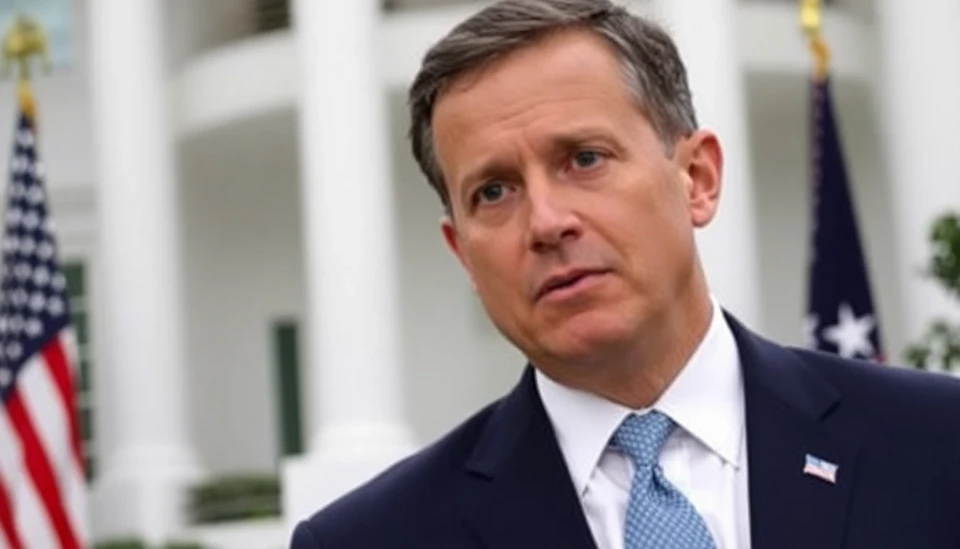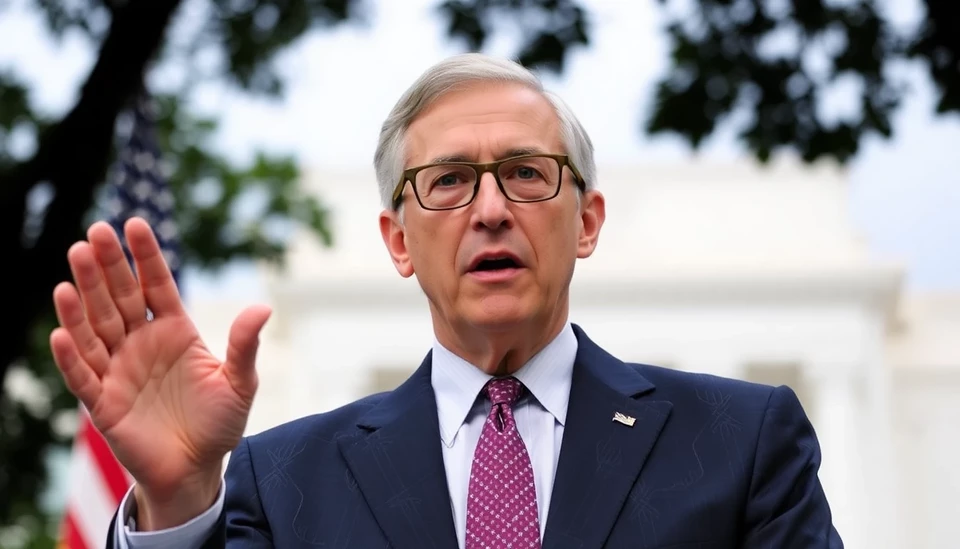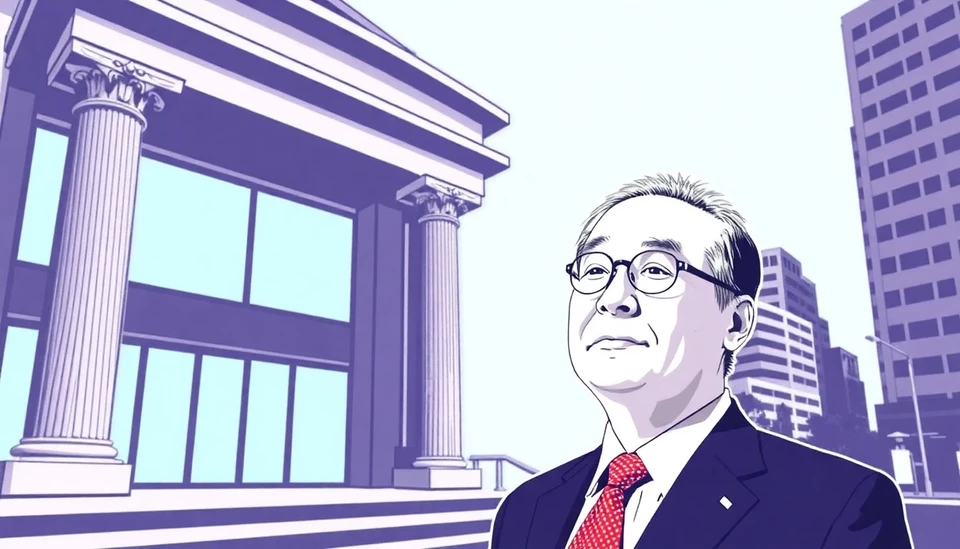
In a significant ruling that impacts media relations and press freedoms, a federal judge has decided against the Associated Press (AP) in a case concerning its access to the White House. The decision was made amid ongoing discussions about the boundaries of press access to government officials and entities.
The controversy began when AP's access to cover White House events was revoked, a move that drew sharp criticism from media advocates and raised alarms about transparency in government communications. The AP claimed that this decision was arbitrary and hindered its ability to report effectively on the U.S. government and its activities.
On February 24, 2025, the court ruled that, for the time being, the Associated Press would not regain its previous press privileges at the White House. The ruling highlights the delicate balance between a free press and governmental oversight—an issue that has gained increasing prominence in recent years.
The judge emphasized that the case presents complex issues that require further examination before a final ruling can be made. Lawyers representing AP argued vigorously, stating that the access is crucial for maintaining a democratic society where the public is kept informed about governmental actions.
In response to the ruling, AP's spokesperson expressed disappointment, noting that the lack of access undermines the agency's capability to serve its audience and fulfill its role as one of the leading news organizations in the world. "Our mission to provide accurate, independent news is impeded when we are denied access to the very sites where stories unfold," the spokesperson said.
While this ruling is not the final word on the matter, it sets a precedent that could influence future legal interpretations regarding media access to government entities. Media law experts suggest that the case could bring more attention to the principles of press freedom and the rights of media organizations to operate without unjust restrictions.
The fallout of this ruling may prompt other news organizations to reevaluate their own access and dealings with federal entities. Various press advocacy groups have vowed to closely monitor the situation, determining if further legal action is necessary to safeguard press freedoms.
As debates around transparency, accountability, and press rights continue to unfold, this case is emblematic of broader concerns about how journalism operates in an era of increased governmental scrutiny.
Observers from various sectors of the media industry are keenly watching the developments of this case, recognizing its potential implications for press access norms and practices across the country.
With the media landscape constantly evolving, this ruling serves as a reminder of the ongoing challenges faced by news organizations attempting to balance their responsibility to inform the public with governmental policies regarding access and information dissemination.
As the legal proceedings continue, the Associated Press and its partners in the media community remain hopeful that a resolution will lead to improved access and transparency, which are essential for a healthy democracy.
Stay tuned for updates on this evolving story, as it shapes the future of press freedoms and access at the nation's highest levels of government.
#AP #PressFreedom #WhiteHouse #MediaAccess #Journalism #Governance #Transparency #LegalNews #FirstAmendment
Author: Samuel Brooks




